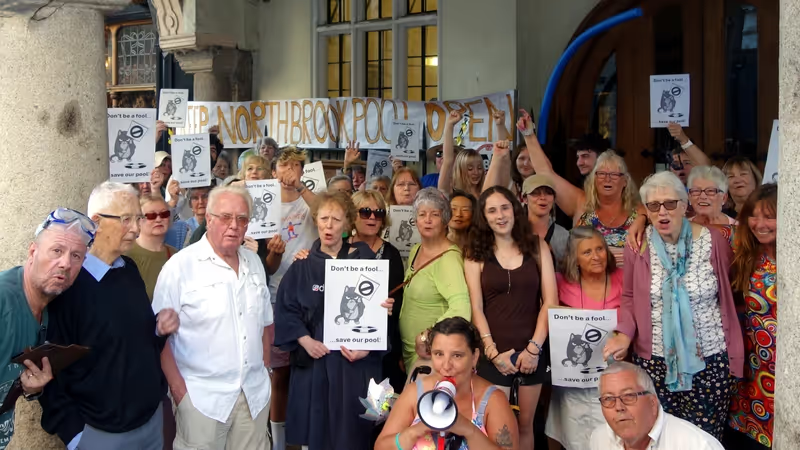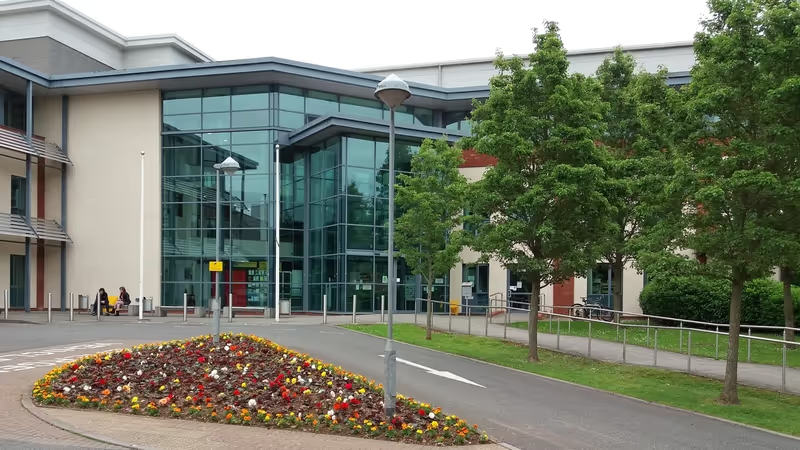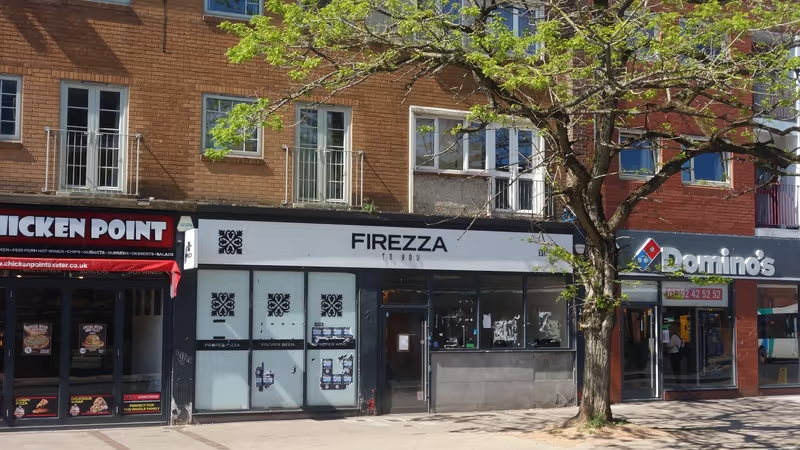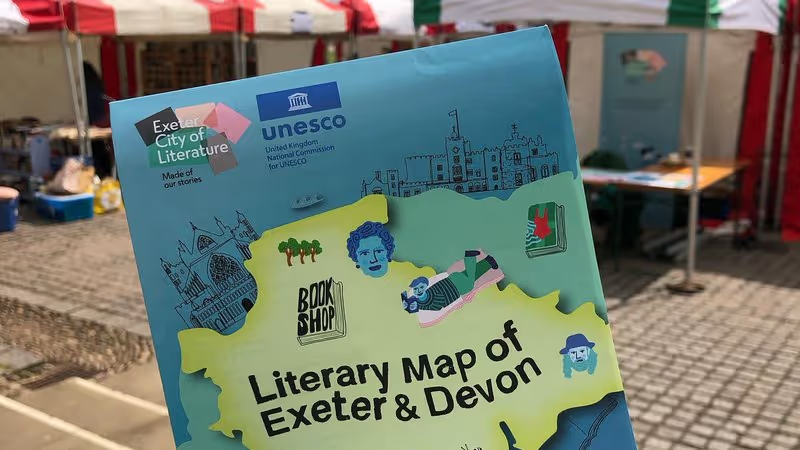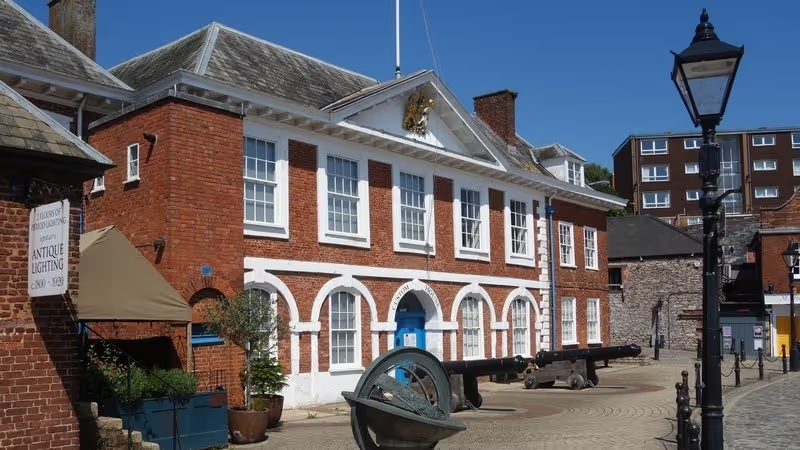Designing towns and cities around private car use was a major error in post-war urban development. What once enabled personal mobility now traps many in traffic going nowhere fast for significant amounts of time.
Economic output, air quality, health and wellbeing all suffer, while many streets are filled with vehicles that either take up valuable space when parked or discourage people from walking and cycling when driven.
Exeter’s large and expanding Travel to Work Area, rapid suburban and satellite housing development and unusually non-concentric topology, among other factors, greatly exacerbate the problems caused by car dependency across the region.
It is now well-established that building more roads delivers neither congestion relief nor local economic benefits. Instead, reducing road capacity is the most effective way to relieve congestion, recognising the definitive limits imposed on a network by its most restricted, often central, nodes.
Temporary road closures can help demonstrate what such counter-intuitive change looks like in practice, easing the way to more permanent transformation.
An established approach is to restrict city centre traffic initially only on Sundays, first in selected streets and then more widely, when there is least network pressure and anxiety about adverse economic impacts.
Transforming Exeter’s streetscape from the centre outwards would not only enhance the city’s retail and leisure offer and improve public health, it would also transform its ability to attract highly-skilled knowledge economy workers, for whom high quality human-scale urban environments are a strong pull.
This approach would also acknowledge that replacing vehicle combustion engines with electric motors solves neither congestion nor pollution problems, whether data-based drivers sit behind the wheel or not.
Repurposing road space is not just about restricting vehicle movement. Plentiful car parking spaces encourage visitors and workers to drive into city centres, often obstructing carriageway use for more efficient mobility modes, or preventing more creative use of scarce city centre space.
Substantial research shows that the income car parks provide to pay for necessary public services is readily replaced with the economic growth that results from such changes.
 Exeter city centre space used for car parking. Photo: @ZsoltSchuller.
Exeter city centre space used for car parking. Photo: @ZsoltSchuller.
Other routes to changing street use are exemplified by projects such as Playing Out, which helps parents reclaim roads for children’s play, Living Streets, which champions everyday walking, and Pop-up Parks, which playfully reinvents underused urban space. More than 500 UK streets in 45 local authority areas have been closed this way in the past few years, with multiple educational and health benefits.
When urban space is reclaimed for non-motorised use, both planned and spontaneous social, economic and cultural activities can take place more freely with all their attendant, often serendipitous, benefits. As Jan Gehl, chief architect of Copenhagen’s mobility transformation says, places designed for people to stay, rather than go, make urban space lively, healthy, sustainable and safe.
There is a growing movement for change in the way urban space is used across the world. Janette Sadik-Khan is acclaimed for creating 60 new plazas in just six years in New York as City Transportation Commissioner: 180 acres of road space were reclaimed for cycling and pedestrian use, and a further 44 converted to bus-only. Even parts of Broadway have been closed to motor vehicles, with spectacular success.
Many European cities have embraced rapid change in the same spirit, in conjunction with progressive mobility-centred policies that reach far out into the suburbs.
In the UK, despite government transport policy still strongly supporting private car use, some of Exeter’s competitors are taking bold steps towards car-free futures. Rather than simply trying to catch up, Exeter should seek to overtake them, taking advantage of its compact footprint to rapidly create a powerful differentiating significator of the city’s sustainability leadership ambitions.
The economic development strategy that Exeter shares with its neighbouring district councils already makes much of just such an approach and an ongoing EU-funded local planning project will crucially focus on mobility, rather than transport, which should enable much wider adoption of progressive priorities and innovative strategies to deliver them, given political will.
 Historic Exe Bridge. Photo: @ExeterCycling.
Historic Exe Bridge. Photo: @ExeterCycling.
Exeter used to be a nationally notorious traffic bottleneck in the 1950s and 60s, before the M5 was extended, when every vehicle bound further South West still had to cross the river at Exe Bridge (before it was plural).
Daily tailbacks stretched several miles along the A30 in one direction and the A38 in the other, with the High Street choked by drivers trying to avoid the by-pass.
Sound familiar? Similar congestion often still brings Exeter to a standstill. The city is at risk of reclaiming its status as a congestion nightmare to be avoided at all costs, even without the frequent accidents and congestion that strangle the M5, A30, A38 and other arterials nearby.
With 40,000 new residents expected by 2026, adding 14,000 car journeys a day if current travel modes continue, is it not time to reclaim the city’s streets for people instead?
